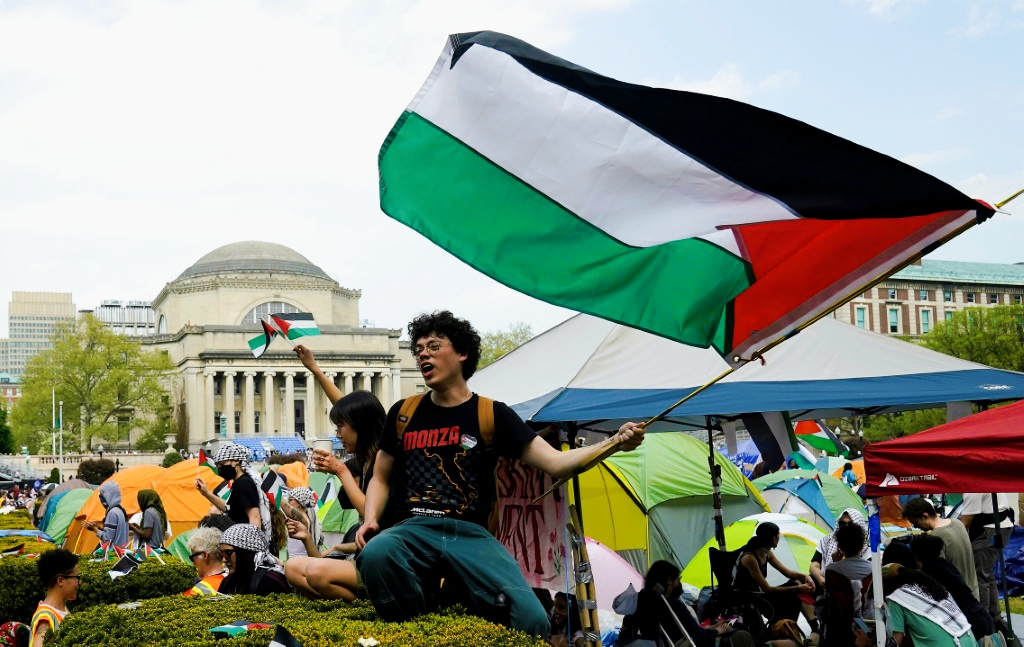Columbia University announced yesterday, Wednesday, July 24, that it will pay $221 million to settle disputes with the administration of President Donald Trump, which had opened investigations against the university over allegations of failing to combat anti-Semitism during pro-Palestinian protests on its campus last year.
Under the agreement, most of the federal grants that were suspended or canceled in March 2025 will be reinstated, ensuring the university's recovery of billions of dollars in threatened funding.
The university also committed to complying with federal anti-discrimination laws and rejecting racial considerations in admissions and employment procedures.
The official statement indicated that the university will pay $200 million over three years, in addition to $21 million to close the investigations conducted by the Equal Employment Opportunity Commission, enabling it to address the financial pressures it faces.
It is worth mentioning that the former university president, Minouche Shafik, resigned last August after being questioned about her handling of the protests on campus, which included clashes between pro-Palestinian protesters and security forces, and accusations of Jewish students being subjected to intimidation.
The settlement, in which the university did not admit to any violations, may serve as a framework for similar agreements in the future with other universities like Harvard, which are facing a similar dispute with the previous administration.
Claire Shipman, the university's acting president, affirmed that this agreement is an important step in restoring cooperation with the federal government and protecting the university's independence, which is essential for academic excellence and scientific research.
According to reports, the settlement also includes enhancing security measures on campus and preventing protests that may disrupt studies, as well as tightening control over non-American students and informing government authorities of any disciplinary actions taken against them.
This settlement ends a period of ongoing federal scrutiny and institutional pressures, bringing hope to Columbia University in restoring its financial and academic standing amid tense atmospheres that have characterized American universities in the wake of political and social conflicts.

